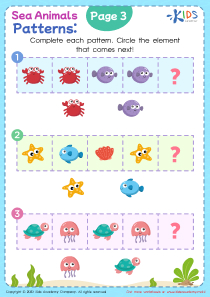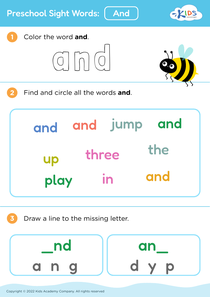Sort objects and count the number of objects in each category.
12 filtered results
-
From - To
Welcome to our engaging activity on sorting objects and counting! Designed for young learners, this interactive exercise helps children develop essential sorting skills by categorizing various items. They'll explore different attributes such as color, shape, and size while enhancing their problem-solving abilities. After sorting, kids will count the number of objects in each category, reinforcing basic counting principles and number recognition. This fun and educational activity aligns with early childhood learning standards, providing a solid foundation for understanding measurement and data. Get ready to spark creativity and boost cognitive skills as your little ones dive into the world of sorting and counting!
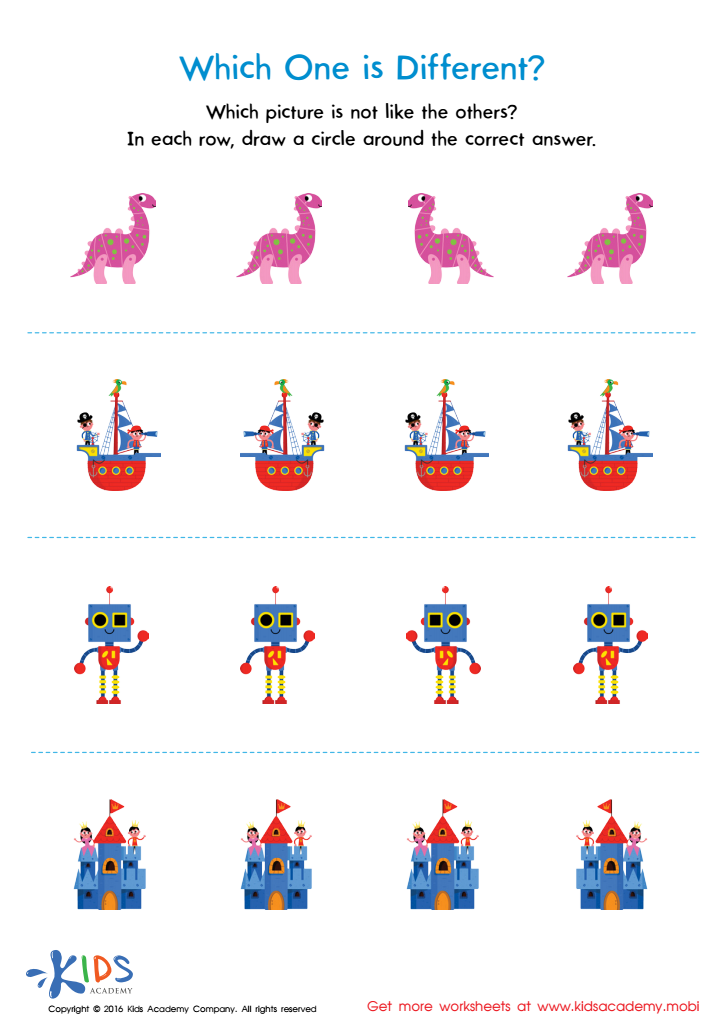

Which One Is Different Worksheet
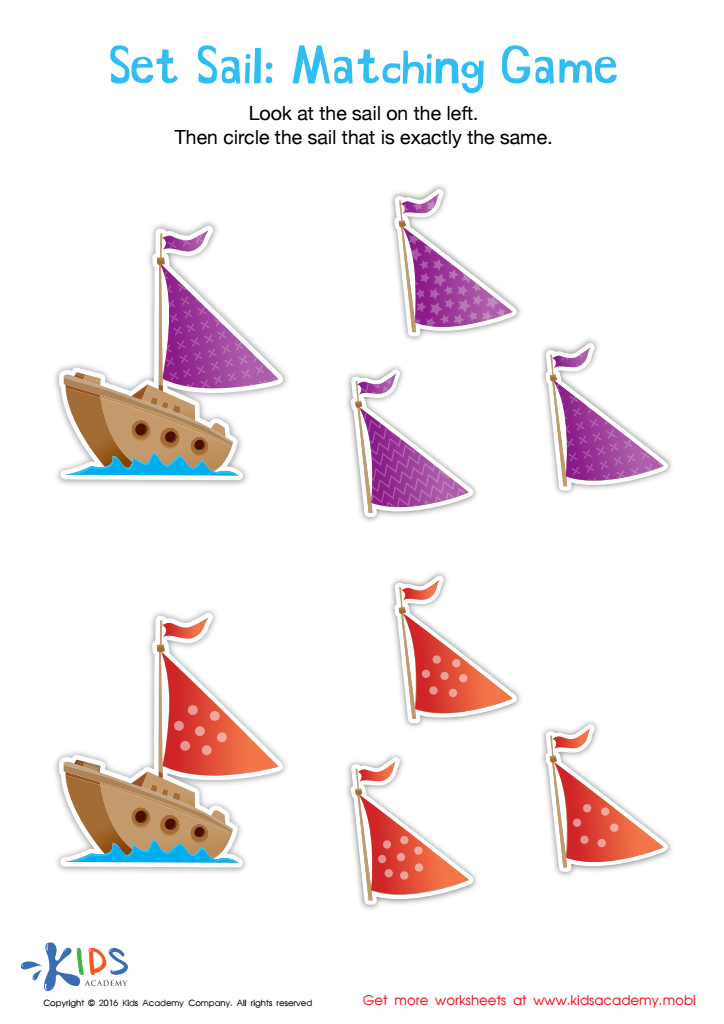

Set Sail Worksheet
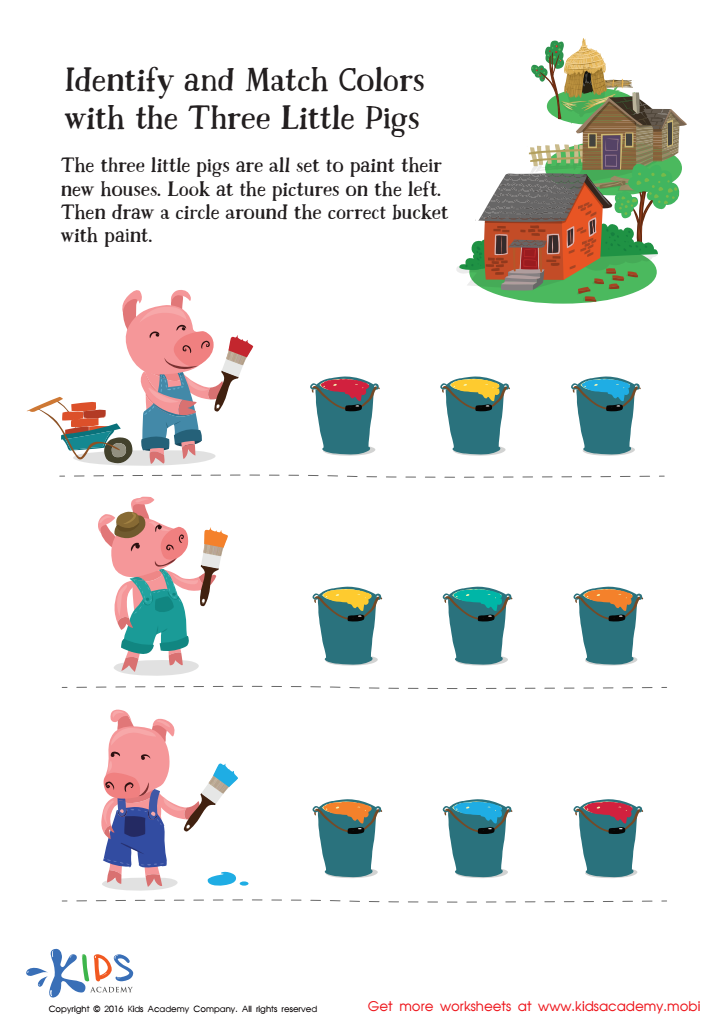

Fairy Tale Worksheet: Identify and Match Colors with Three Little Pigs
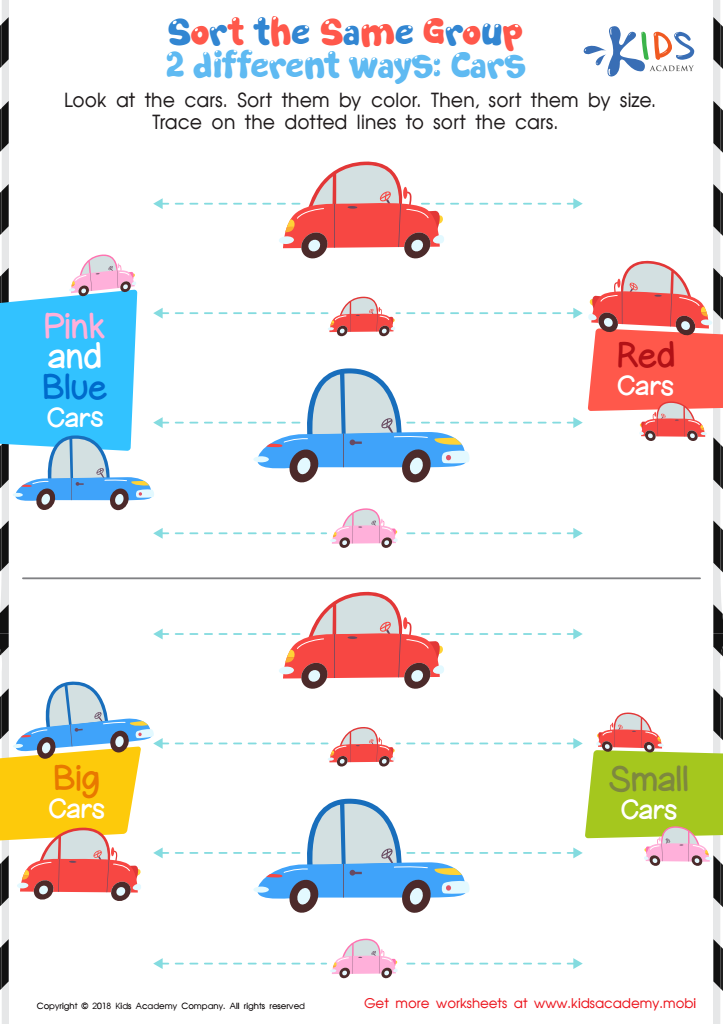

Sort the Same Group 2 Different Ways: Cars Worksheet
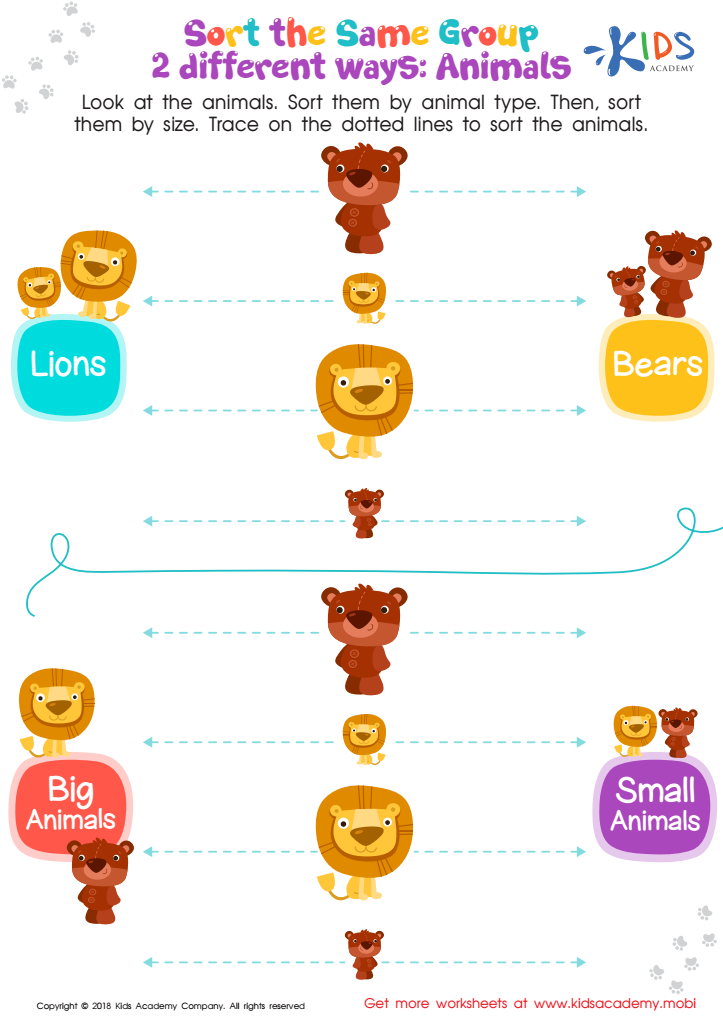

Sort the Same Group 2 Different Ways: Animals Worksheet
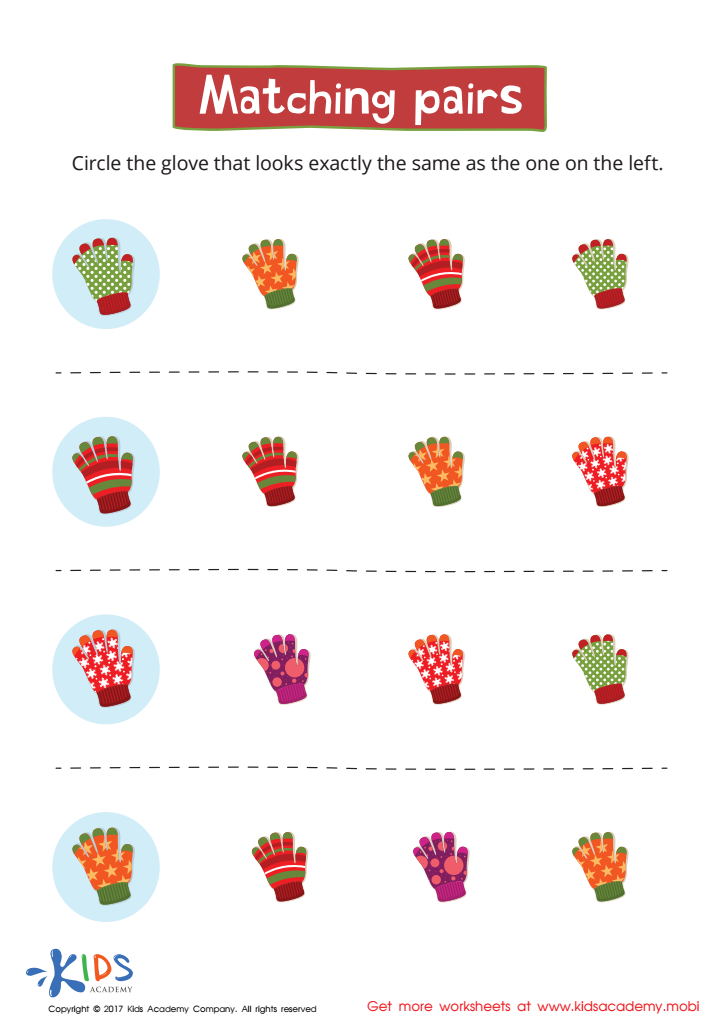

Matching: Matching Pairs Worksheet


Logic Game Sorting Worksheet
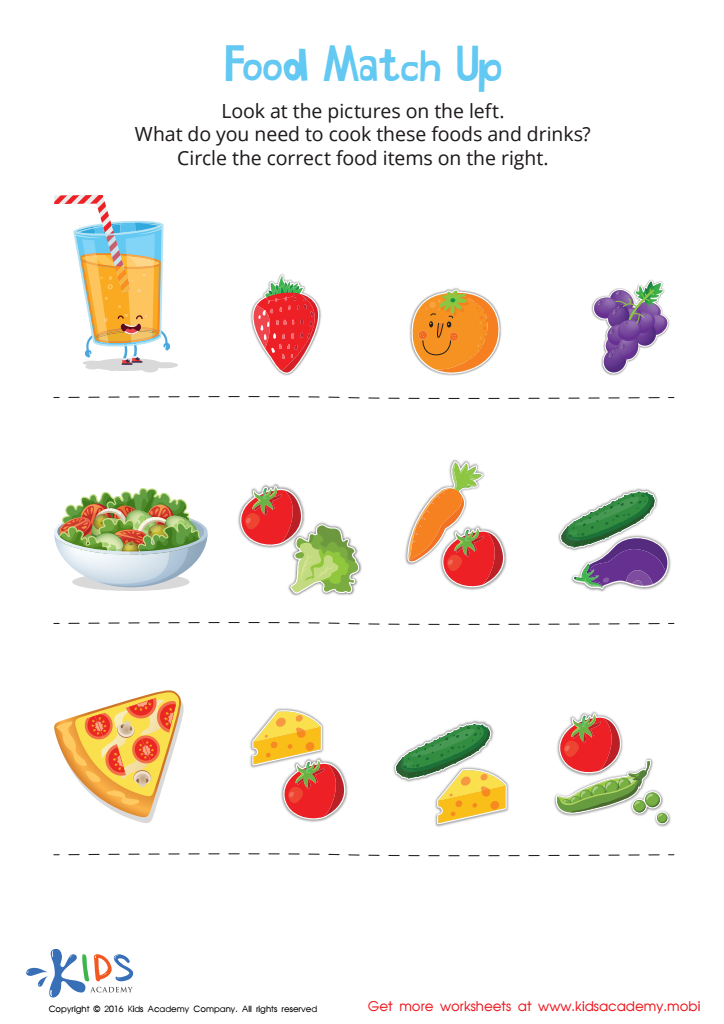

Food Match Up Worksheet
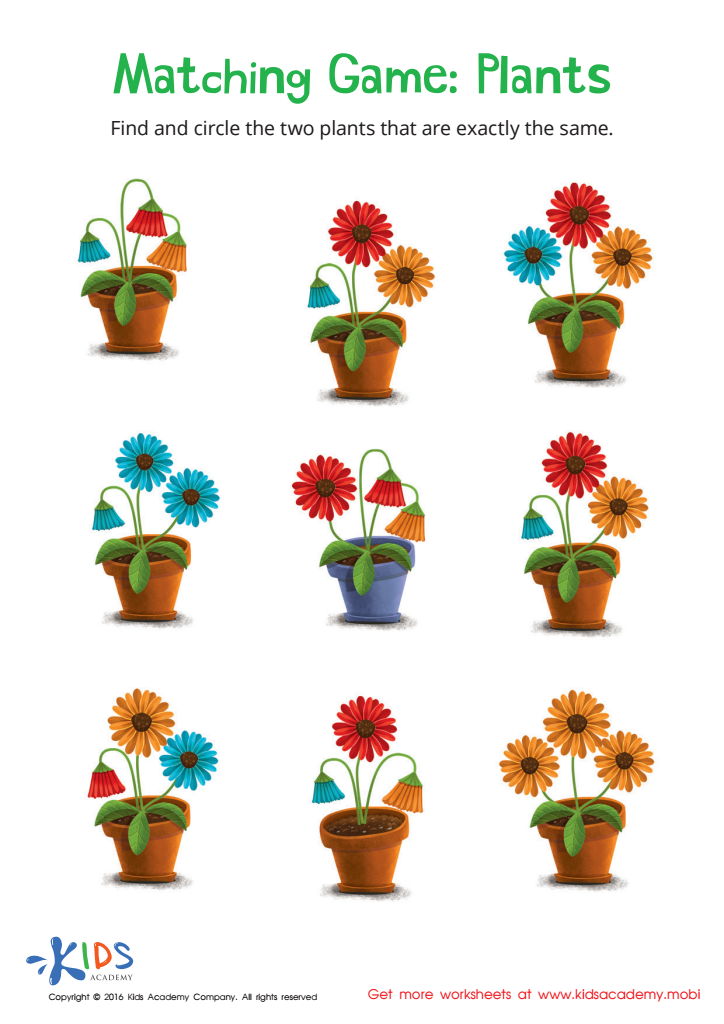

Matching: Plants Worksheet
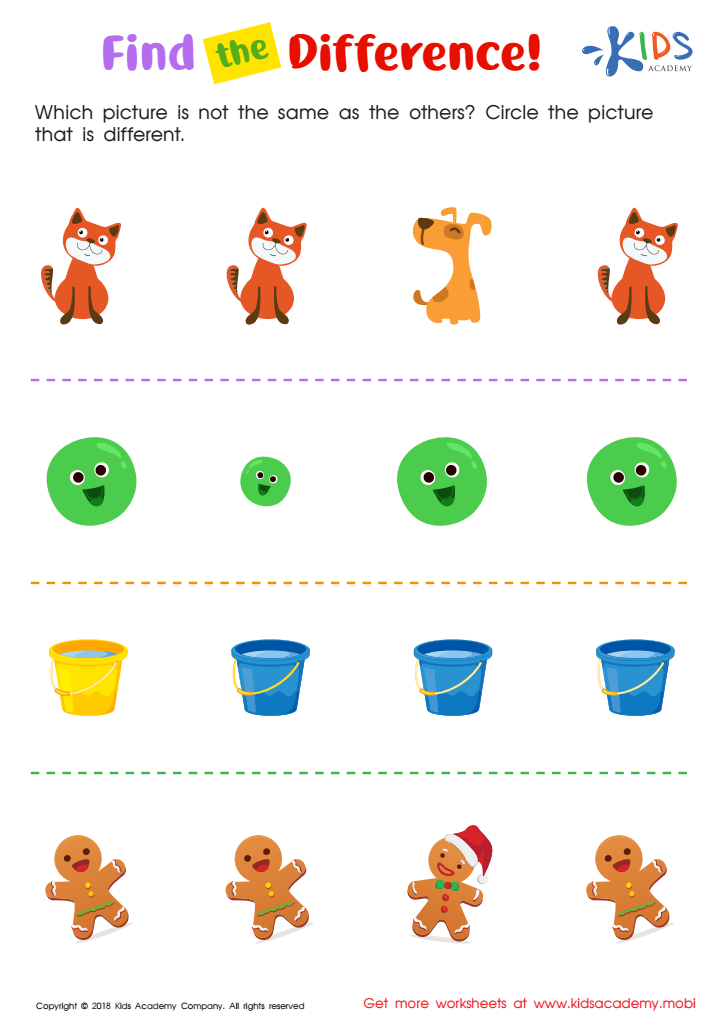

Find the Difference Worksheet
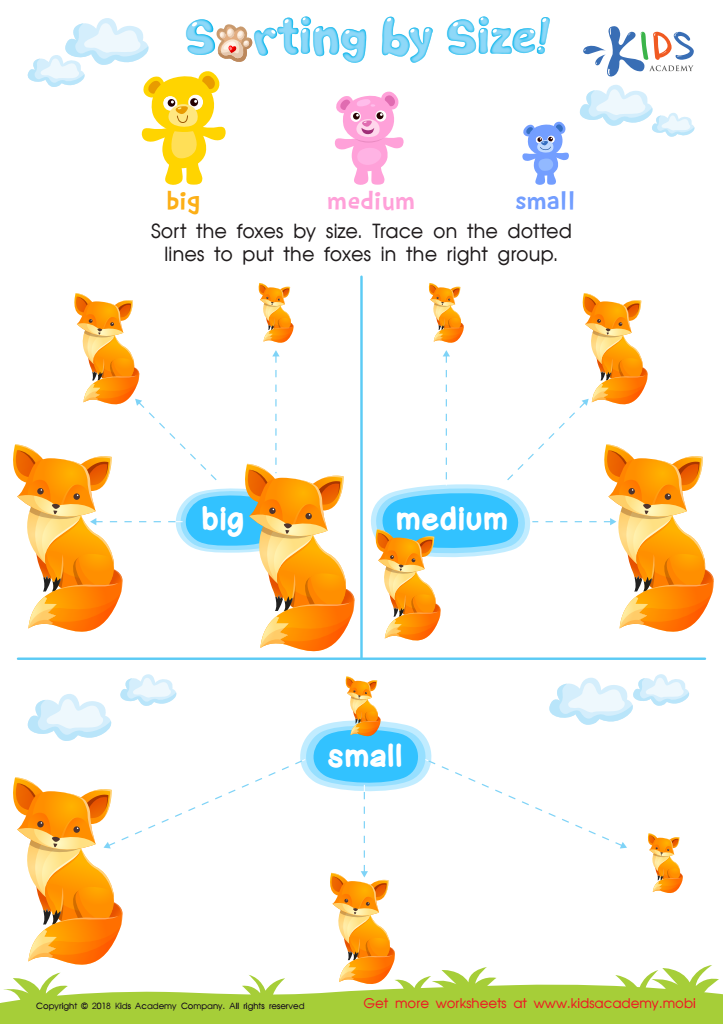

Sorting by Size Worksheet
Sorting objects and counting them in various categories is a fundamental skill that greatly benefits young learners. Parents and teachers should care about this activity because it lays the foundation for crucial developmental milestones. First, sorting enhances critical thinking and problem-solving skills, as children learn to identify similarities and differences among items. This process encourages cognitive development and promotes categorization, which is essential for organization in later life.
Counting categories helps children grasp the concept of numbers and develops numerical literacy. By visualizing and quantifying groups of items, children refine their understanding of quantity, which is central in mathematics. Moreover, sorting and counting encourage fine motor skills and hand-eye coordination, essential for various everyday tasks.
Engaging in sorting and counting also fosters communication and language skills. When children describe their categories and count aloud, they practice vocabulary and learn to express their thoughts clearly. Additionally, such activities promote social skills when undertaken in group settings, as children collaborate, share ideas, and engage with peers.
Ultimately, embracing sorting and counting not only cultivates essential academic skills but also supports social, emotional, and cognitive development, preparing children for success in school and beyond.
 Assign to My Students
Assign to My Students
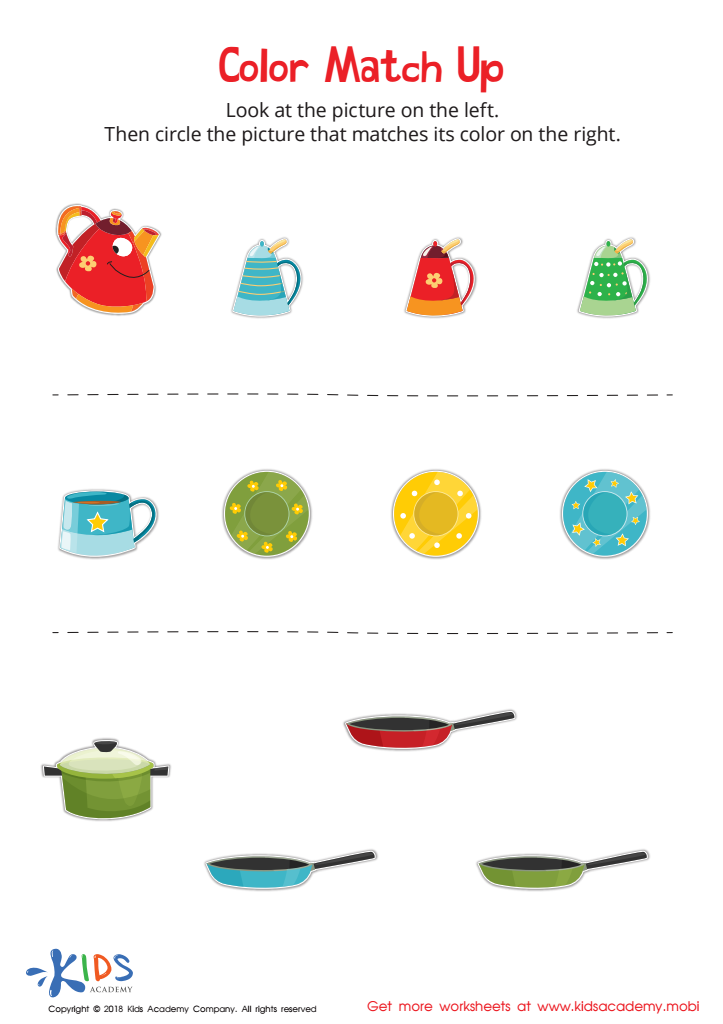





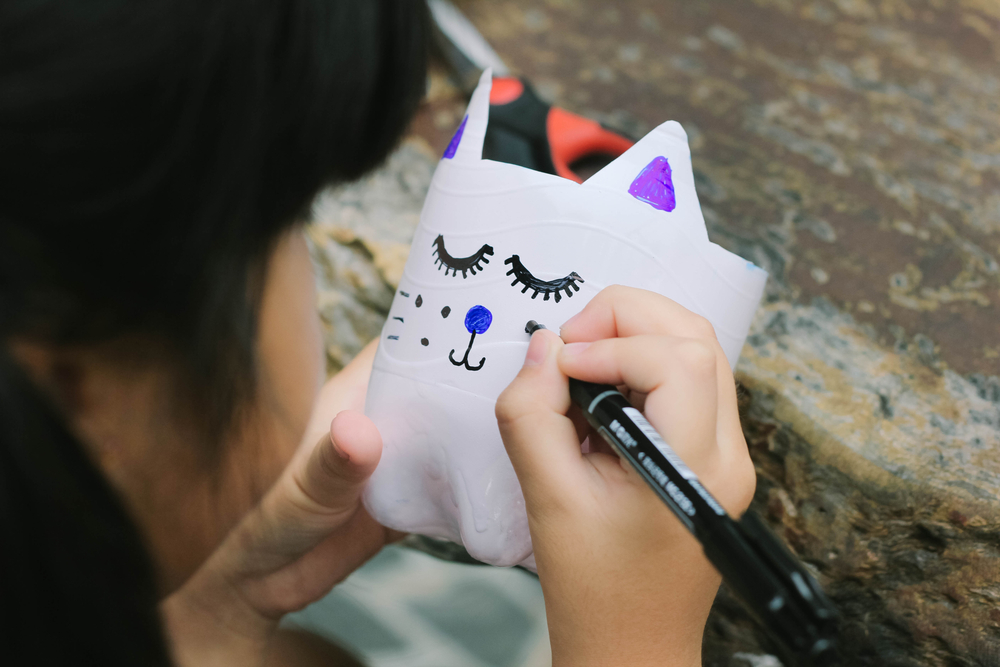



.jpg)

